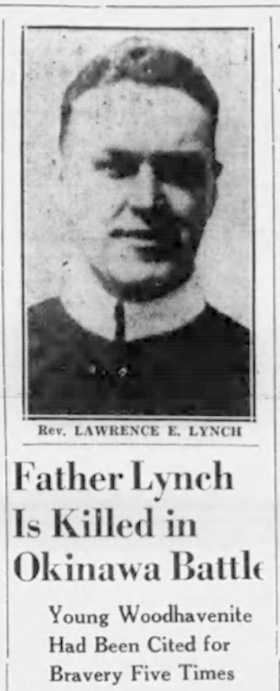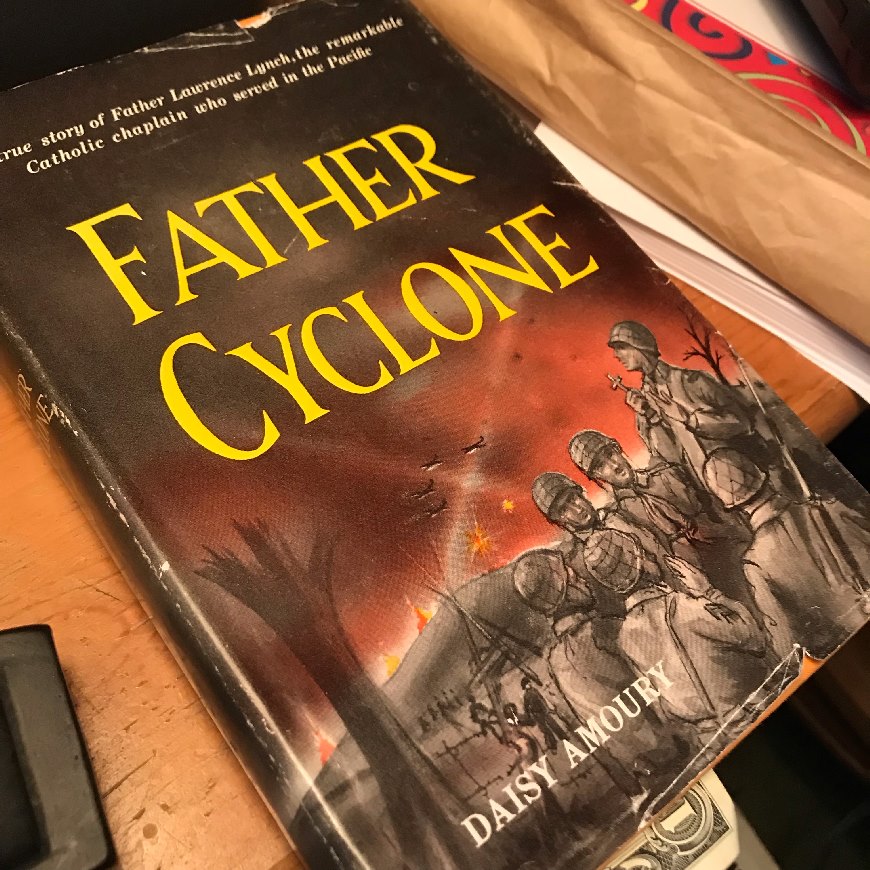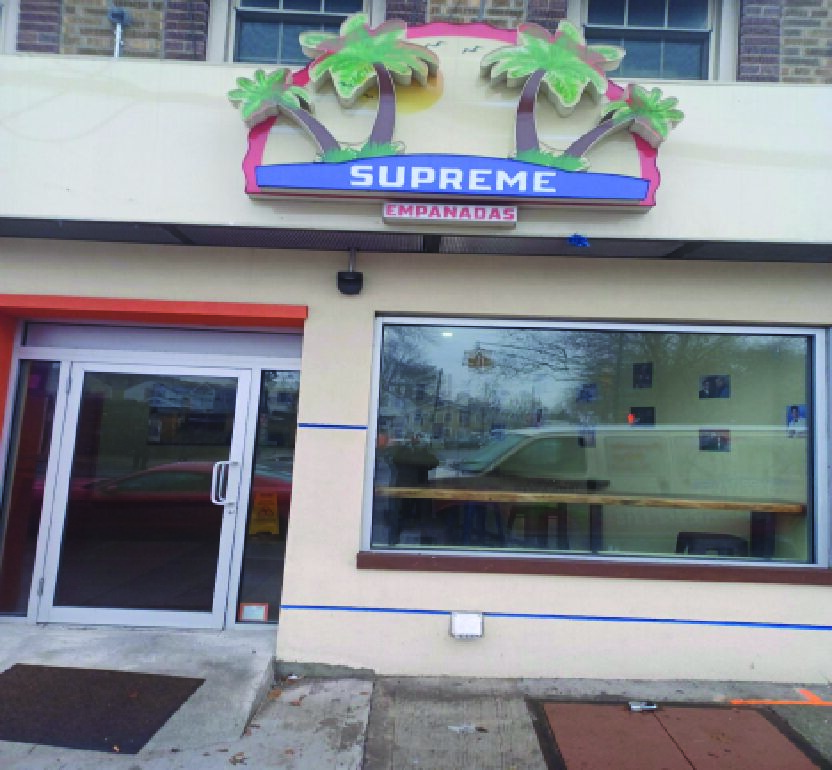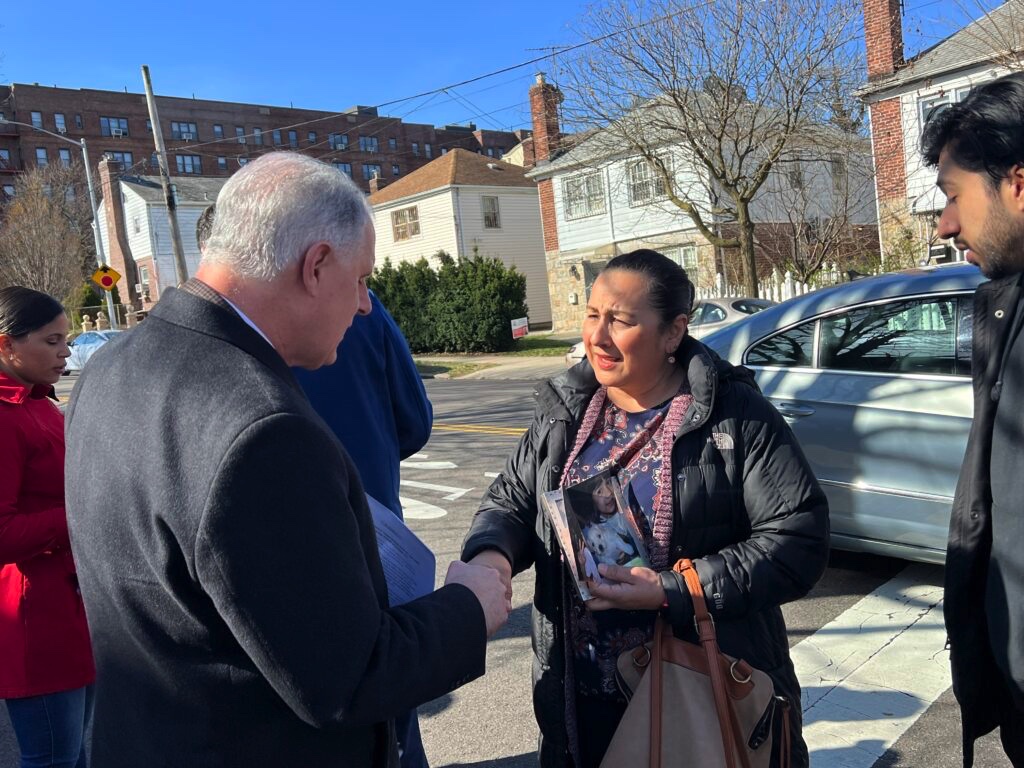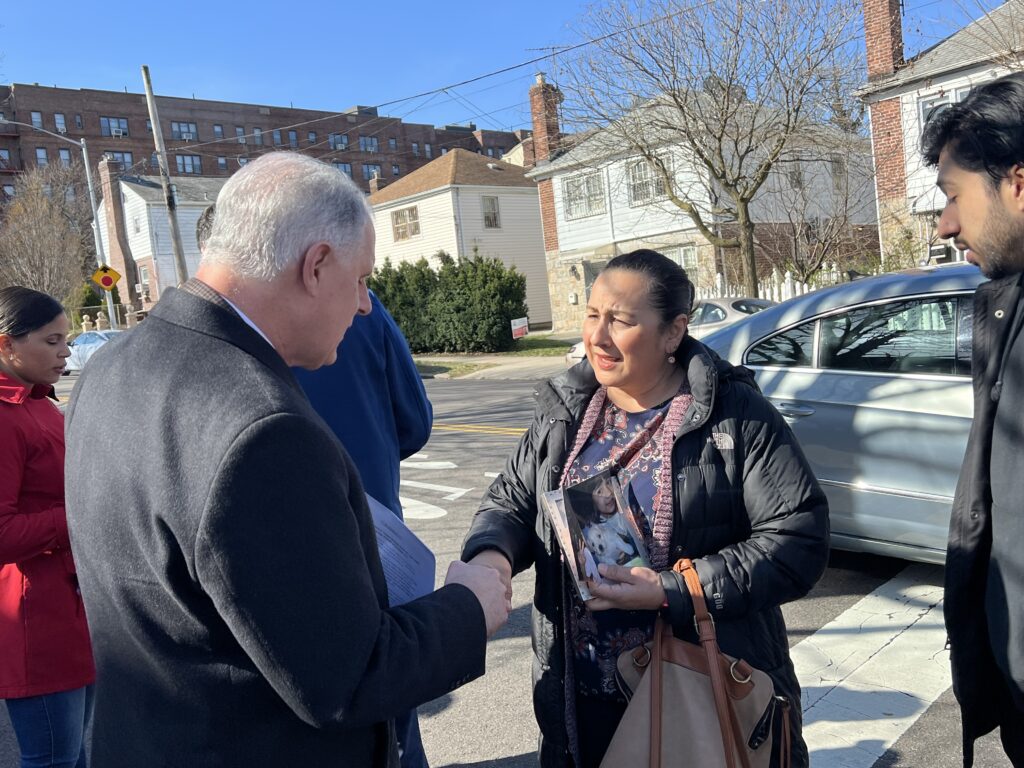Emergency SNAP Allocations End, concerning Queens Advocates
By Alicia Venter
aventer@queensledger.com
For the past two years, families that participate in the Supplemental Nutrition Assistance Program (SNAP) have been provided the maximum amount of monthly benefits that is available for their family size. These emergency SNAP allocations, designed to help families during the pandemic, expired on March 1, greatly impacting those who rely on these services in Queens.
In 2021, during the height of the pandemic, Queens recorded a 48% increase in food insecurity, the highest increase among the five boroughs according to Jerome Nathaniel, the Director of Policy and Government Relations of City Harvest, one of New York City’s largest food rescue organizations. As for children, it increased by 60%
In response to the allocations ending, City Harvest is anticipating delivering roughly 75 million pounds of food free of charge to their network.
“For the past 40 years, we have never shied away from stepping up where there’s these sorts of emergencies, even if there’s low unemployment, high unemployment, man made disasters or natural disasters, City Harvest continues to work with our network to do our best to make sure that our pantries are stocked with the food they need to serve folks,” said Nathaniel.
During the pandemic, food insecurity rates drastically increased, as 14.3% of the Queens population faced food insecurity in 2021 compared to 9.7 in 2019.
“Queens was disproportionately hit hard by the pandemic — by job loss, by different low-income communities, low wage workers, immigrant communities, especially in Queens who may have not been eligible for a lot of these sort of government programs but were hit hard by economic impact by the pandemic,” Nathaniel said. “So it certainly had a disparate impact on Queens.”
Nathaniel described how the minimum benefit allowed for some households was $16 per month, and the Emergency SNAP allocations raised that to $281.
“Just imagine over three years benefiting from that, not as some sort of privilege but really as just a survival tool, and then suddenly it’s all pulled from underneath,” he said.
In December, it was made clear to SNAP recipients that the additional funding was set to end — a three month turnaround that Nathaniel shared was “simply not enough time.”
In a report from the New York City Comptroller on March 1, 2.9 million New York households were enrolled in the SNAP as of December 2022, and that approximately one in 10 New York Households experience food insecurity.
He reported that with the loss of maximum benefits, as well as the increased benefits provided by SNAP for Women, Infants and Children (WIC) ending in October 2023, food insecurity could grow further. His office, among other suggestions, recommended that the federal government should extend temporary benefits related to SNAP and WIC until the increased cost of food due to inflation subsides. Many food organizations stand in agreement.
“To help make up for the loss of benefits, there should be a coordinated response that involves community organizations working with city and state legislative leaders and other key officeholders who should use their budgets to protect New Yorkers from cuts in SNAP benefits by increasing investment in programs that provide crucial food support,” United Way of New York City said in a statement. ‘On the federal level, Congress should act to increase SNAP supports and sufficiency through key changes to the Farm Bill. Acting together, we can help make sure fewer New Yorkers go hungry.”
He also recommended that eligibility levels for SNAP and WIC should be increased to at least 200 percent of the federal poverty level, and that the Federal Child Tax Credit be expanded.
Food pantries and food banks are reportedly drawing larger crowds across the city, as reported by the New York Daily News on Feb. 28. They reported that advocates warn the end of the emergency funds will have a devastating impact in the city.
‘To wake up on March 1, and knowing that you’re going to lose anywhere from $95 to $200 in grocery benefits, at a time when food is at an all time high inflation rate, is really devastating. Just to really drive home the point of how these past three years really showed us that SNAP needs to be more,” said Nathaniel.

